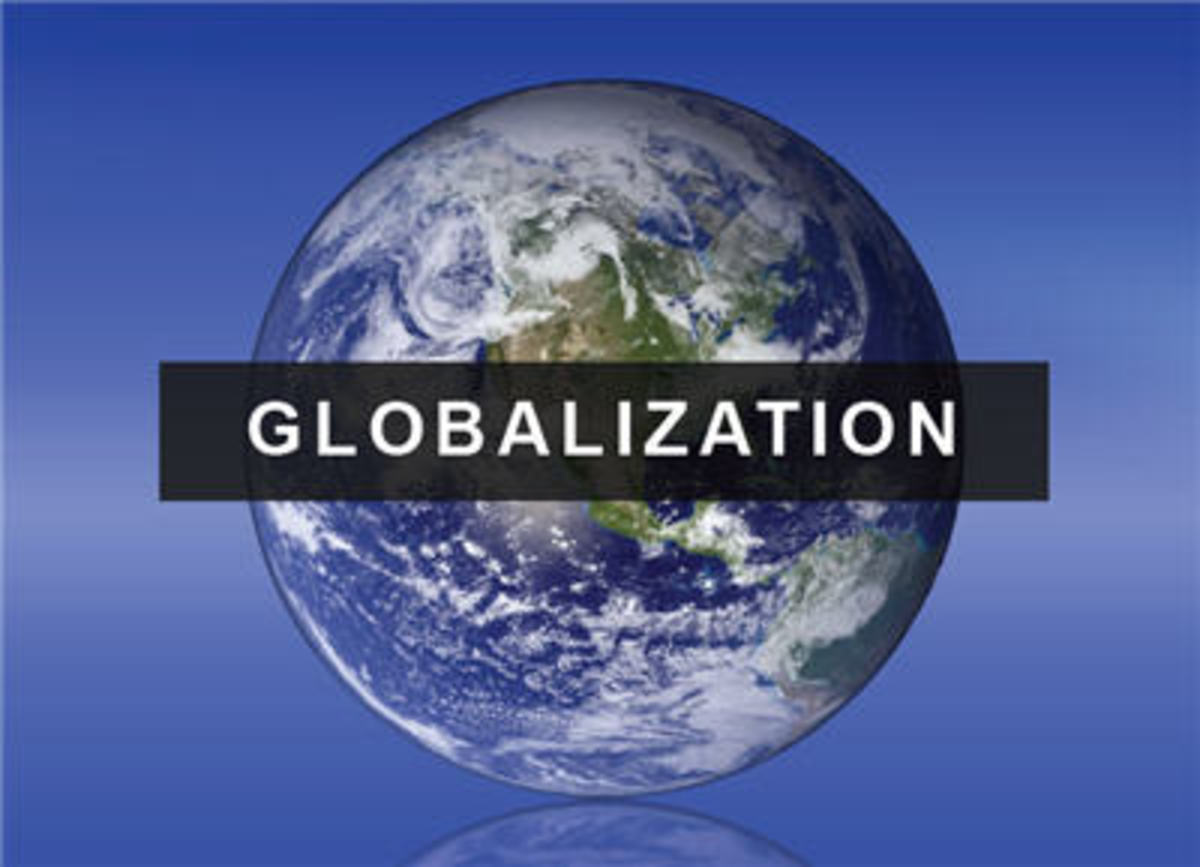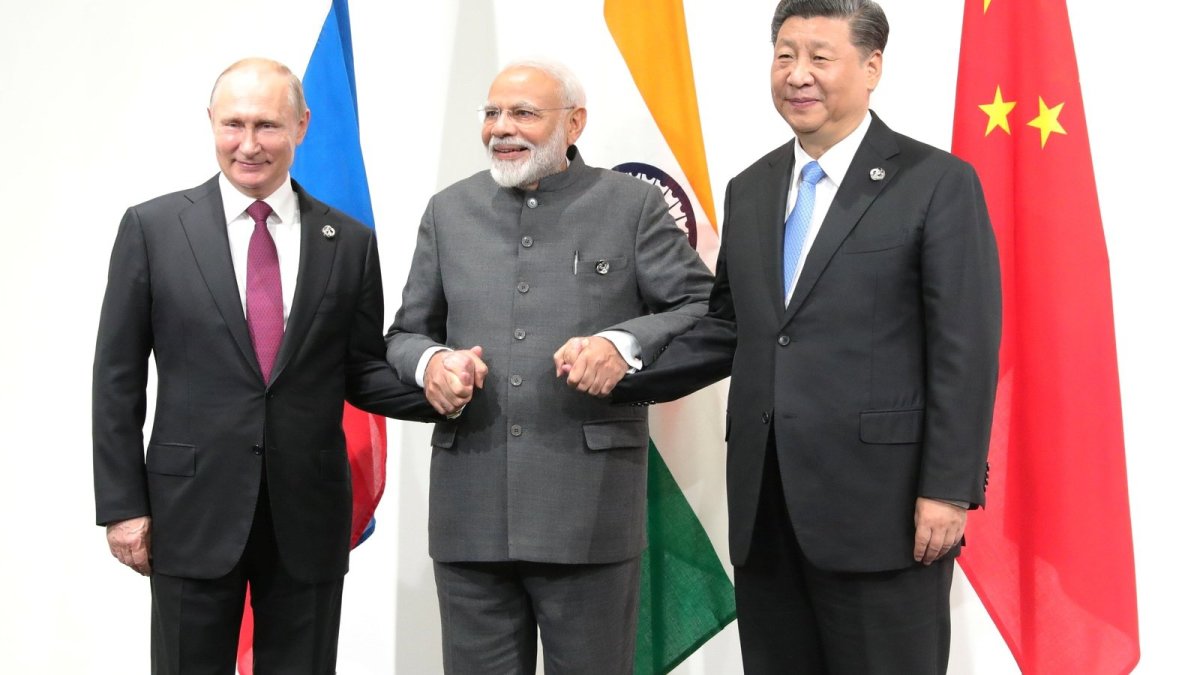The Trumpian Consequences for Globalized Free Trade

In the wake of Donald J. Trump’s win of the presidency in this past election, I will attempt to predict some consequences for free trade that his victory may yield. Trump’s presidency will have a negative affect on globalization if he intends to pursue his dislike of free trade agreements. Fear of the unknown should not stop us in pursuing what will lead to growth in our capitalist country.
Globalization refers to the development of an increasingly integrated world, specifically that of an integrated global economy marked especially by free trade, free flow of capital, and the tapping of cheaper foreign labor markets. Trump’s website conveys his stances on many issues within our nation’s societal consciousness including infrastructure, cybersecurity, veterans affairs, trade, taxes, regulations, immigration, healthcare, foreign policy, energy, education, gun rights, and the economy. So how will Trump’s victory affect globalization and how will free trade effect the average American?
Trump plans to create a booming economy through legislation that will increase jobs and grow GDP. Although he does not have a specific set of tactics to achieve this, he supports the negotiation trade deals that create American jobs, increase American wages, and reduce the America's trade deficit. Free trade is when goods and services are bought and sold between countries without tariffs, duties, and quotas. Many Americans and people around the world are against the globalization of free trade because they feel local businesses, jobs, wages and the environment can be undermined by low-cost goods from countries where people and/or the environment are exploited.
The North American Free Trade Agreement (NAFTA) is one example of the push towards free trade that has had an effect on the American economy. Populism, the ideology Trump is touting, is generally hostile to the very idea of international trade, arguing that international trade will hurt the ordinary citizens in successful democratic nations like the US. In weak economic times, humans looks for something to blame, and NAFTA has been just that. Initiated by Republican President George H. W. Bush and signed into law by Democratic President Bill Clinton, NAFTA was an agreement signed by Canada, Mexico, and the United States, creating a trilateral trade bloc in North America. In alignment with Trump’s book (Trump: The Art of the Deal, 1987), the deal is the lens through which Trump makes sense of the world. During his campaign Trump portrayed NAFTA as a bad business deal made by Bill Clinton that aided Mexicans at the expense of American workers. He and his supporters have since flip-flopped on this issue, saying that agreements like this can be necessary for peace and stability. Now his administration is looking instead towards tax cuts that would help American business rather than continuing American participation in NAFTA.
Another major trade deal with an uncertain future is the Trans-Pacific Partnership (TPP), a trade agreement among twelve of the Pacific Rim countries. Its economic intent, like NAFTA before it, is to set rules of international trade that will accelerate global business while counterbalancing China’s growing geopolitical power. Unions and environmental activists are against this deal because it does not provide for environmental or employment regulations. Even Democratic presidential candidate Hillary Clinton had tried to support the popular anger against globalization by coming out against the TPP free trade deal during her campaign. There has been a push to increasingly tear down barriers to free trade. This has exasperated many people (especially Trump and his supporters) in industrial countries, like the US, who could lose their jobs or see their wages stagnate. On the other hand, politicians like Elizabeth Warren have come out against the deal because of concerns about how trade disputes will be handled under the agreement. One post by her on Facebook argued, “A TPP trade deal that includes an Investor-State Dispute Settlement (ISDS) provision would undermine US sovereignty.”
However the idea that free trade is necessarily bad is an illusion. “Free trade increases prosperity for Americans—and the citizens of all participating nations—by allowing consumers to buy more, better-quality products at lower costs. It drives economic growth, enhanced efficiency, increased innovation, and the greater fairness that accompanies a rules-based system” says Donald J. Boudreaux, doctor of law and professor of economics at George Mason University. It is very unique that Trump’s campaign alienated so many countries and foreign policy makers around the world. This will have a major affect on our participation and ability to be apart of free and fair trade agreements. We live in a globalized world. If Americans do not address the alienation that Trump’s victory has created, we will be subject to exclusion from trade agreements that may help to create a prosperous, equitable economy for all.
From a sociological standpoint, fear is driving the push against globalized free trade structures. This is a fear of the unknown and fear of losing the unipolar system of world power, in which the United States rules. However in regards to international free trade, libertarian beliefs are right on the money, literally. The fact is that, according to the think tank at the Library of Congress, since NAFTA was signed into law, employment in America has increased and will continue to grow if Trump’s administration ratifies the TPP. Free trade deals that continue the phenomenon of globalization will lend themselves to economic growth, the destruction of international structures of class power, and contribute to peace in this ever-changing, unstable world.
Works Cited
Boudreaux, Donald J. "The Benefits of Free Trade: Addressing Key Myths." Mercatus Center. N.p., 13 Oct. 2016. Web. 11 Nov. 2016.
Rodriguez, Antonio. "Trump's Win a Victory against Globalization, Experts Say." N.p., 9 Nov. 2016. Web. 9 Nov. 2016.
Washington, William Mauldin in. Donald Trump Win to Upend Trade Policy" Wall Street Journal. 9 Nov. 2016. Web. 15 Nov. 2016.







